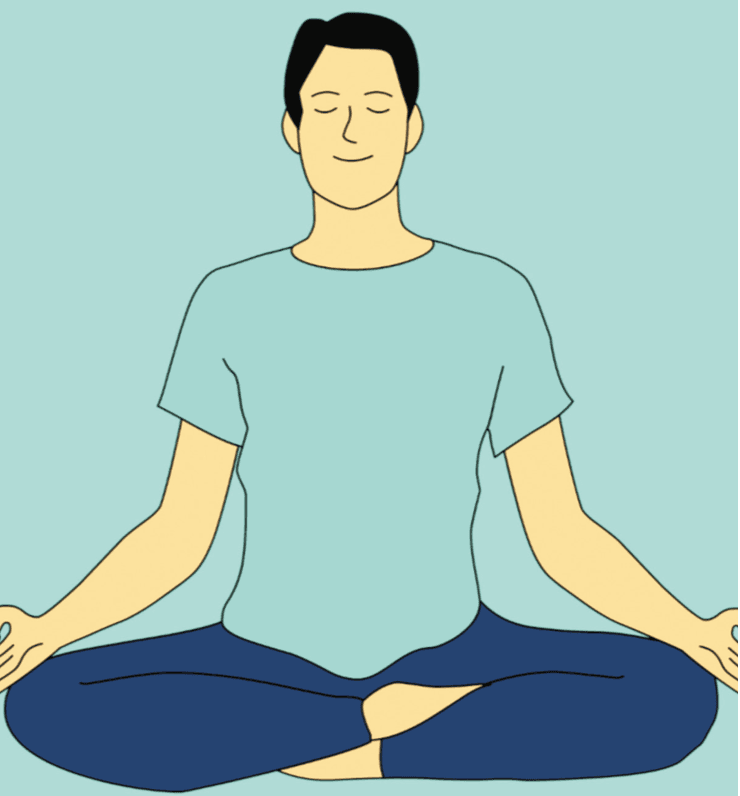By: BK Surya
Source: The Daily Guardian https://epaper.thedailyguardian.com/view/2731/the-daily-guardian/15
Dated: July 19th, 2025

An old English proverb says: "If wishes were horses, beggars would ride". It means wishing alone does not make things happen. If simply wishing for something, such as a horse, were enough to get it, even the poorest people, including beggars, would have what they want.
If wishing does not make things happen, how do affirmations and meditation work?
There is a key difference between simply wishing for something, and trying to realise it through affirmations or meditation. Wishing is passive — it is merely wanting something without necessarily doing anything about it. Affirmations and meditation are tools that support action by shaping our mindset, focus, and emotional state.
Affirmations are positive, present-tense statements. For example, “I am confident and capable.” They do not magically create results, but they can reprogram our thought patterns, boost self-belief and motivation, help us visualise success, which drives our actions, and orient the mind to look for opportunities.
If I say, “I am worthy of success” daily, I am likely to start acting more confidently, which could lead to better job interviews, or bold decisions.
Meditation is about awareness. Again, it does not conjure things out of thin air, but it helps by reducing stress and anxiety, improving focus, enhancing emotional stability, and deepening our insights. This empowers and clears our mind, allowing for better decision-making. It also boosts productivity, helps us stay calm, and keeps us connected to our values and goals. Regular practice of meditation and positive affirmations leads to meaningful and lasting changes in our way of thinking and behaviour. This is supported by scientific evidence.
The brain has the ability to reorganise itself by forming new neural connections. This is called neuroplasticity. Regular meditation and affirmations reinforce certain neural pathways, making related thoughts, emotions, and behaviours more automatic. In other words, our thought patterns, behaviour, and the way we feel about certain things can be changed with practice. For example, repeatedly affirming, "I am peaceful", can gradually weaken pathways of anger and strengthen those associated with calmness.
Positive affirmations replace limiting beliefs with empowering ones. When we repeatedly affirm something, we challenge negative self-talk and eventually align our beliefs with the new affirmations. Repetition of affirmations in a relaxed or meditative state, when the subconscious mind is more accessible, can condition our emotional responses.
Meditation trains the part of the brain associated with decision-making and attention control to better regulate our emotional reactivity. As a result, we become less reactive, more reflective, and more capable of noticing negative thought patterns without automatically engaging them.
Meditation has also been shown to reduce activity in the brain network associated with rumination and worry. This enables us to have a perspective that is more focused on the present and is less ego-driven, which reduces negative self-judgment and reinforces healthier thought patterns.
However, the brain does not change overnight. Regular practice is needed to override old neural patterns and establish new defaults. Initially, we may feel like we are just thinking or saying things we do not believe. Over time, repetition and emotional engagement help the positive thoughts take root.
Whether we want to achieve a career goal, find peace, or connect with God, if we think of wishing as dreaming of a destination, then affirmations and meditation are the mental and emotional devices that aid our journey towards it. Affirmations act as our GPS, keeping us on the right track, while meditation helps us remain clear-headed, energised, and alert, making for smooth and safe progress. But we still have to drive – in other words, make efforts - to reach the destination.

BK Surya is a Rajyoga teacher
at the Brahma Kumaris headquarters in Mount Abu, Rajasthan.



